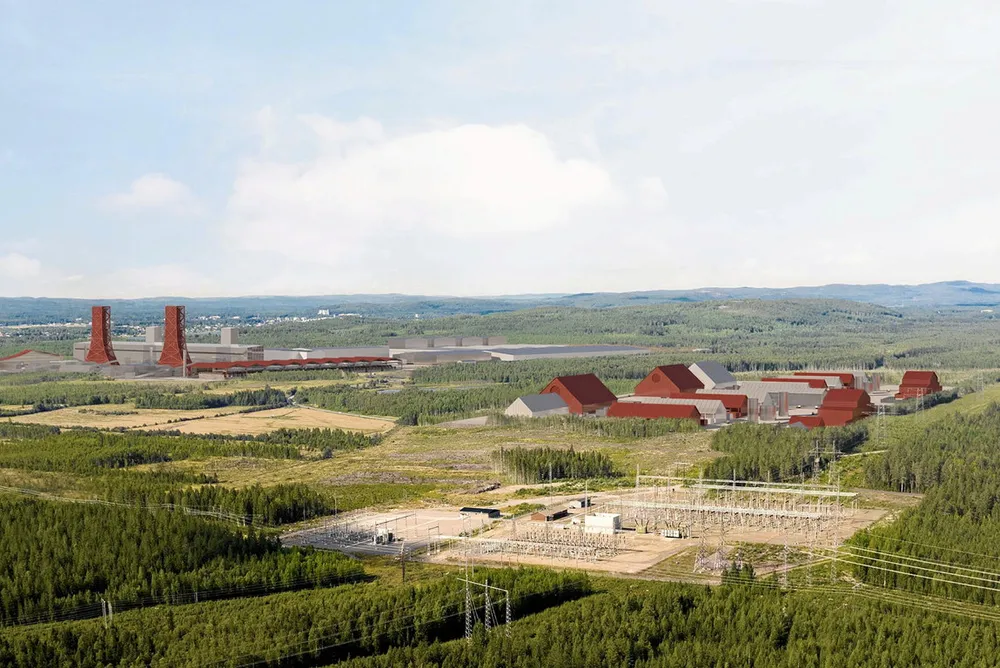World's first commercial-scale green steel plant on track for FID after ordering 700MW of hydrogen electrolysers
Contract with H2 Green Steel is German manufacturer Thyssenkrupp Nucera's second largest ever order, following landmark 2.2GW Neom agreement
